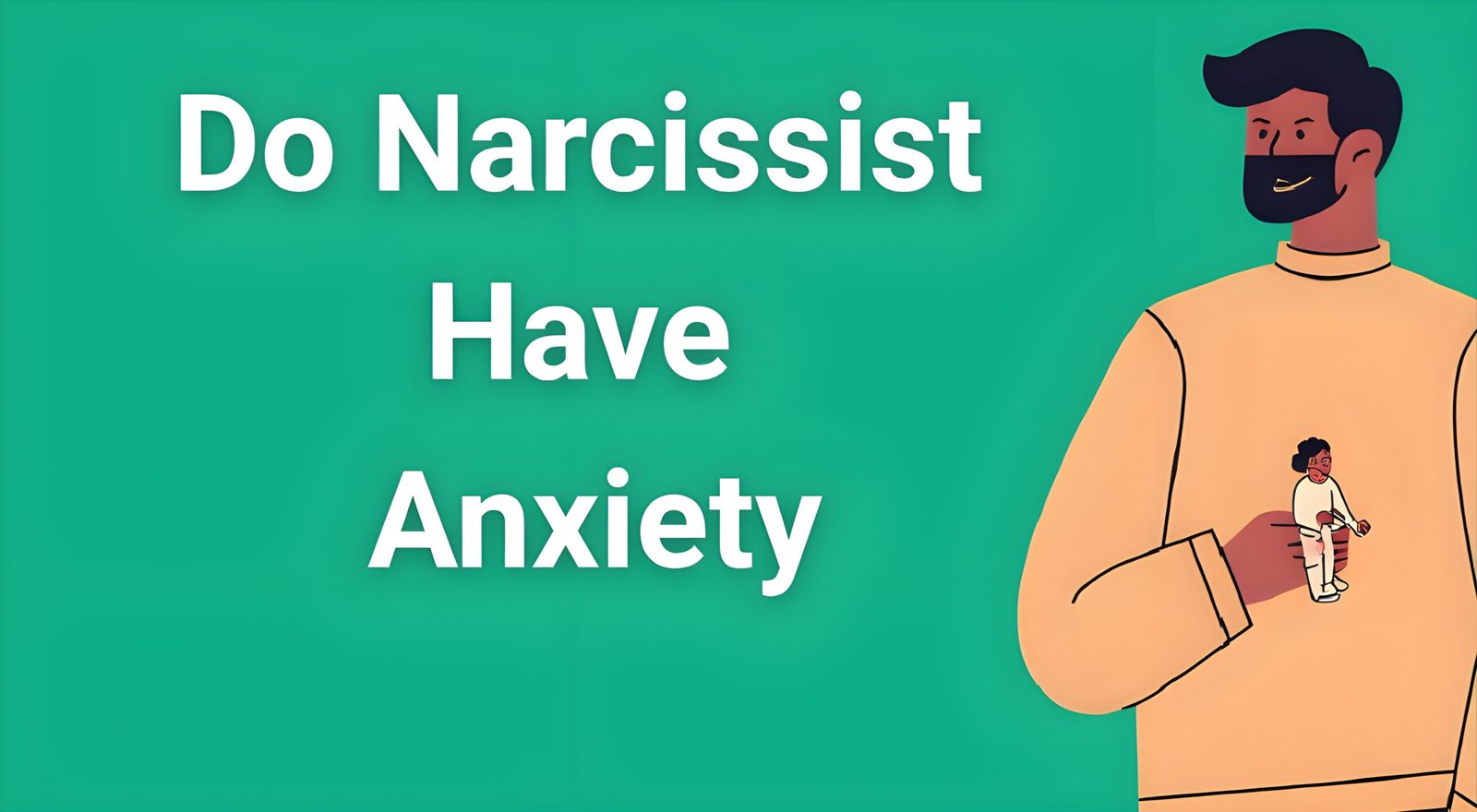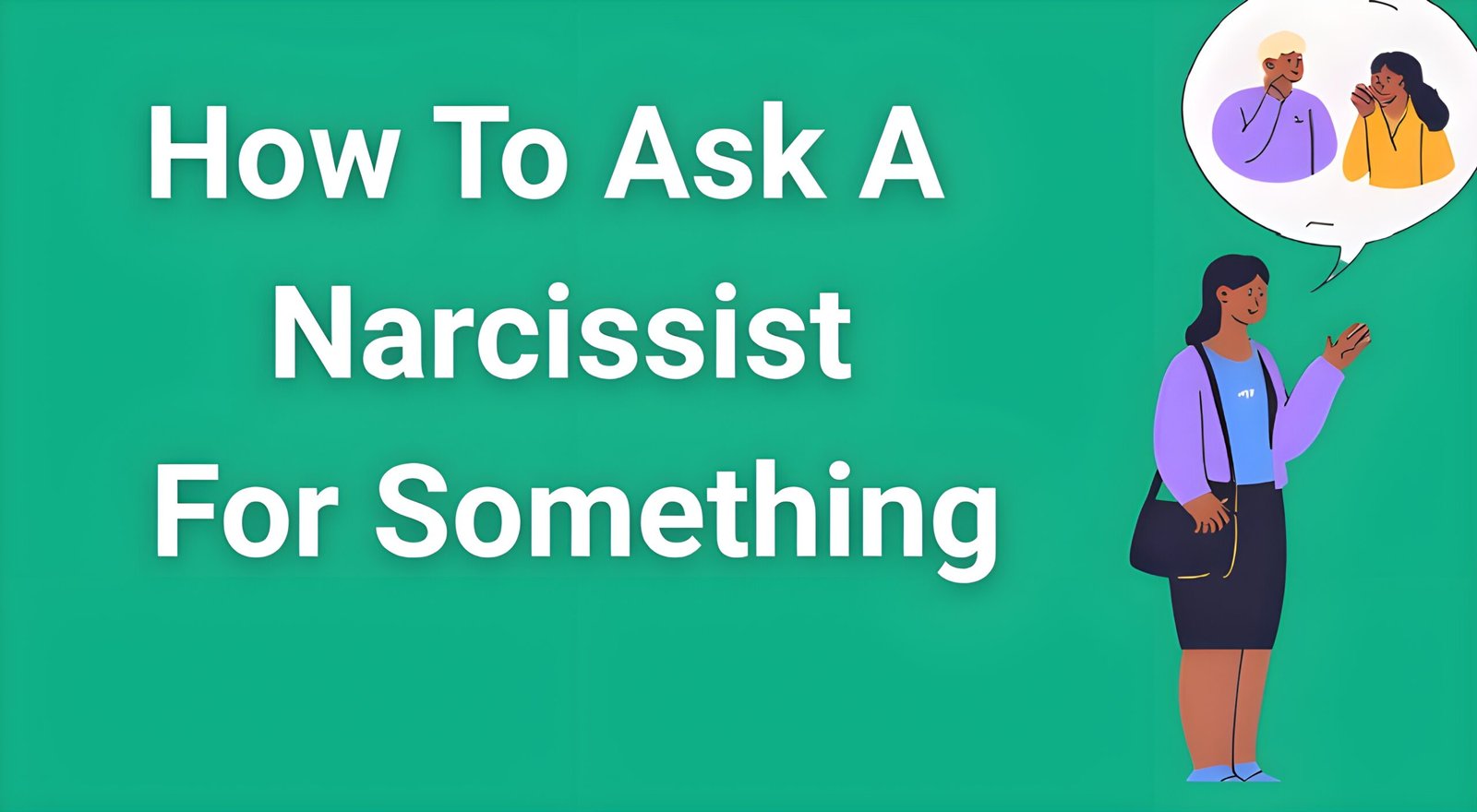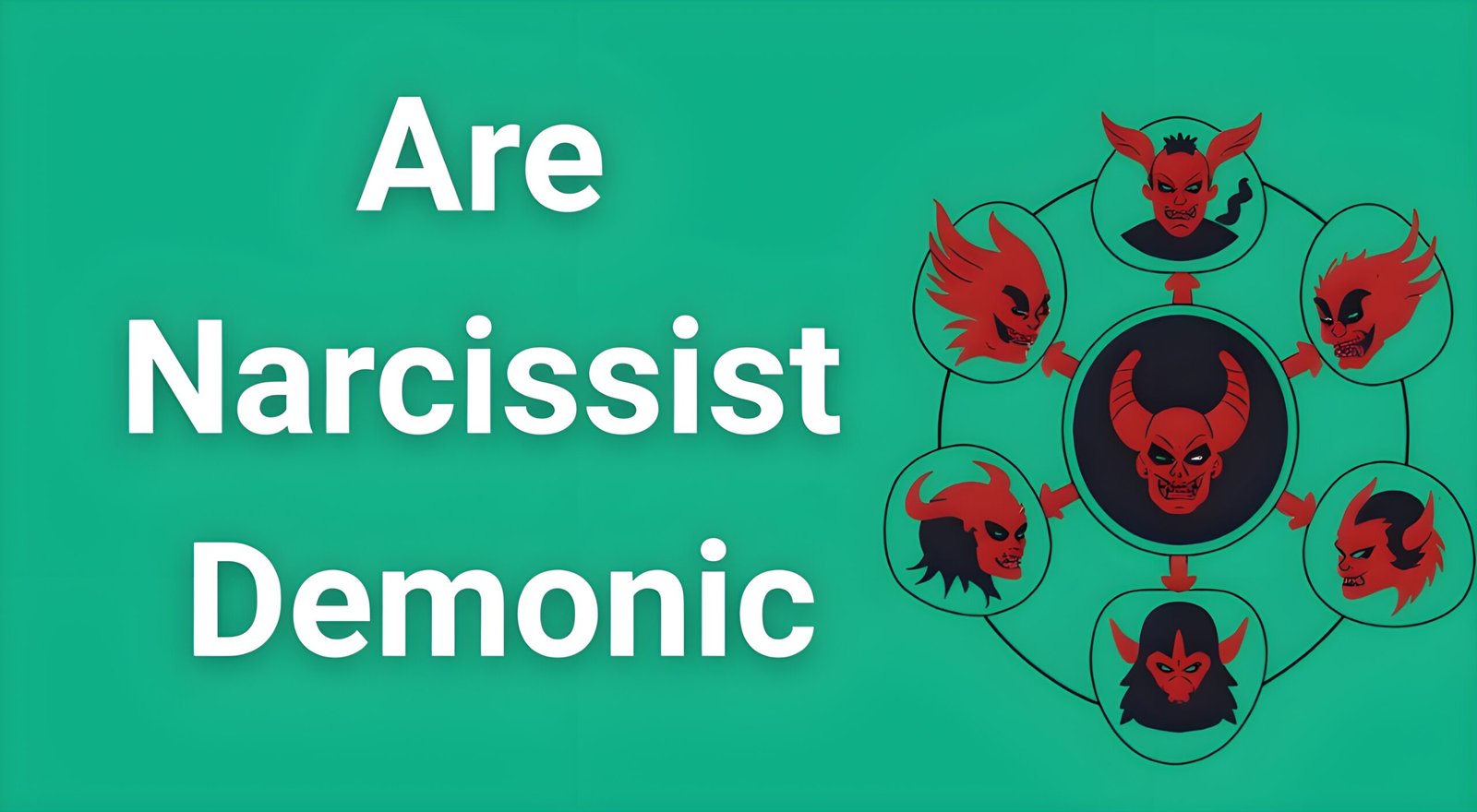The question “do narcissist have anxiety” reveals a fascinating paradox in human psychology. While narcissists often appear supremely confident and self-assured on the surface, research shows that both grandiose and vulnerable narcissists frequently struggle with significant anxiety beneath their carefully constructed facades.
- The Surprising Truth: Yes, Narcissist Do Have Anxiety
- Understanding the Two Types of Narcissist Anxiety
- The Psychology Behind Narcissist Anxiety
- How Narcissist Anxiety Affects Their Behavior
- Recognizing Anxiety-Driven Narcissistic Behaviors
- The Impact of Narcissist Anxiety on Relationships
- Breaking Free from Anxiety-Based Narcissistic Control
- Treatment Challenges for Narcissist Anxiety
- Protecting Yourself from Narcissist Anxiety
- The Neuroscience of Narcissist Anxiety
- Moving Forward: Hope and Healing
- Frequently Asked Questions
- Conclusion: Understanding Changes Everything
Understanding this connection between narcissism and anxiety can provide crucial insights for anyone trying to comprehend the complex behaviors of narcissistic individuals in their lives. Whether you’re dealing with a narcissistic partner, parent, colleague, or friend, recognizing how anxiety drives many narcissistic behaviors can help you navigate these challenging relationships more effectively.
The Surprising Truth: Yes, Narcissist Do Have Anxiety
The straightforward answer is yes – narcissists do experience anxiety, often at surprisingly high levels. However, the relationship between narcissism and anxiety is more nuanced than you might expect. Research from multiple psychological studies reveals that anxiety manifests differently depending on the type of narcissism present.
Grandiose narcissists experience anxiety but develop sophisticated mechanisms to hide it from others and sometimes even from themselves. Their outward confidence serves as a protective shield against their inner fears and insecurities.
Vulnerable narcissists (also called covert narcissists) openly struggle with anxiety, depression, and social fears. Their narcissistic traits develop as coping mechanisms to manage their overwhelming emotional distress.
This discovery challenges common misconceptions about narcissistic personalities and helps explain why interacting with narcissists often feels so unpredictable and emotionally exhausting.
Understanding the Two Types of Narcissist Anxiety
Grandiose Narcissist Anxiety: The Hidden Struggle
Grandiose narcissists present themselves as confident, successful, and superior to others. Yet behind this polished exterior, they harbor significant anxiety about:
Maintaining Their Image: The constant pressure to appear perfect creates chronic stress. They worry obsessively about being exposed as flawed or inadequate.
Control and Power: Grandiose narcissists experience intense anxiety when situations slip beyond their control. This fear drives their need to dominate conversations, relationships, and environments.
Criticism and Rejection: Despite appearing immune to feedback, grandiose narcissists are hypersensitive to criticism. They develop elaborate defense mechanisms to protect themselves from perceived attacks.
Competition and Comparison: They feel threatened by others’ success and experience anxiety when confronted with evidence that someone might be superior to them in any area.
Vulnerable Narcissist Anxiety: The Obvious Struggle
Vulnerable narcissists, sometimes called covert narcissists, display their anxiety more openly. Their anxiety manifests through:
Social Anxiety: They desperately crave attention and admiration but fear social situations where they might face rejection or criticism.
Performance Anxiety: Vulnerable narcissists worry constantly about how others perceive them, leading to perfectionism and fear of making mistakes.
Relationship Anxiety: They experience intense fear of abandonment while simultaneously pushing others away through their demanding and critical behaviors.
Depression and Emotional Instability: Research shows vulnerable narcissists have higher rates of depression, anxiety disorders, and emotional dysregulation compared to grandiose narcissists.
The Psychology Behind Narcissist Anxiety
Childhood Origins and Attachment Issues
Understanding why narcissist have anxiety requires examining their developmental history. Most narcissistic traits develop as protective responses to childhood experiences:
Inconsistent Caregiving: Children who receive unpredictable love and attention often develop narcissistic defenses to cope with the anxiety of never knowing if they’re truly valued.
Trauma and Neglect: Early trauma creates lasting anxiety patterns that narcissistic behaviors attempt to manage through control and superiority fantasies.
Perfectionist Parenting: Children raised with impossibly high standards develop anxiety about never being “good enough,” leading to narcissistic compensation strategies.
The Anxiety-Narcissism Cycle
Narcissism and anxiety create a self-reinforcing cycle:
- Anxiety Triggers: Social situations, criticism, or loss of control activate deep-seated fears
- Narcissistic Response: The individual deploys narcissistic behaviors (superiority, manipulation, rage) to manage anxiety
- Temporary Relief: These behaviors provide short-term anxiety reduction
- Relationship Damage: Narcissistic behaviors harm relationships and create new stressors
- Increased Anxiety: New problems generate more anxiety, requiring stronger narcissistic defenses
This cycle explains why narcissistic behaviors often escalate over time and why narcissists struggle to maintain healthy relationships.
How Narcissist Anxiety Affects Their Behavior
Control as an Anxiety Management Strategy
Many behaviors that seem purely selfish actually serve anxiety-reduction purposes:
Information Gathering: Narcissists obsessively collect information about others to maintain a sense of control and predict potential threats.
Emotional Manipulation: By controlling others’ emotions, they attempt to control their own anxiety about being abandoned or criticized.
Perfectionism: Setting impossibly high standards for themselves and others serves as an attempt to control anxiety about inadequacy.
Rage as Anxiety Expression
Narcissistic rage often masks underlying anxiety. When their control strategies fail, narcissists experience overwhelming anxiety that expresses itself as anger because:
- Anger feels more powerful than fear
- Rage can intimidate others into compliance
- Explosive emotions create distance when intimacy feels threatening
Social Media and Technology Behaviors
Modern narcissist anxiety increasingly manifests through digital behaviors:
Compulsive Social Media Checking: Seeking validation and monitoring their image online helps manage anxiety about social acceptance.
Online Persona Management: Creating perfect digital personas provides anxiety relief by ensuring they appear successful and admired.
Digital Stalking: Monitoring others’ activities online serves their need to gather information and maintain control.
Recognizing Anxiety-Driven Narcissistic Behaviors
Understanding that anxiety drives many narcissistic behaviors can help you recognize patterns:
Warning Signs of Anxious Narcissistic Behavior:
Extreme Reactions to Minor Criticism: Disproportionate responses often indicate underlying anxiety about perceived attacks on their self-image.
Constant Need for Reassurance: Despite appearing confident, they frequently seek validation and become anxious when it’s not immediately provided.
Hypervigilance: They notice and react to small changes in others’ behavior, reflecting their anxiety about potential threats or rejection.
Controlling Behaviors: Attempts to control your schedule, relationships, or decisions often stem from their anxiety about losing control.
Mood Swings: Rapid shifts between grandiosity and depression/anxiety reveal the instability beneath their confident exterior.
The Impact of Narcissist Anxiety on Relationships
Creating Anxiety in Others
Narcissist anxiety doesn’t exist in isolation – it spreads to those around them:
Walking on Eggshells: Partners and family members develop their own anxiety trying to avoid triggering narcissistic reactions.
Emotional Contagion: Constant exposure to someone’s hidden anxiety creates chronic stress in others, even when the narcissist appears calm.
Gaslighting and Reality Distortion: Anxiety-driven manipulation tactics cause others to question their own perceptions and develop anxiety disorders.
If you’re experiencing these effects, professional support can help you understand what you’re dealing with. A comprehensive analysis of your specific situation can provide clarity about patterns you’re experiencing and practical strategies for protection.
Trauma Bonding Through Shared Anxiety
Narcissists often create trauma bonds by:
- Alternating between creating anxiety and providing relief
- Making others dependent on their approval to manage anxiety
- Creating shared “us versus the world” scenarios that bond through mutual anxiety
These patterns can feel like love but actually represent psychological manipulation designed to manage the narcissist’s own anxiety about abandonment.
Breaking Free from Anxiety-Based Narcissistic Control
Understanding Your Own Response
When dealing with someone whose narcissism stems from anxiety, you might notice:
Hypervigilance: You become constantly alert to their mood changes and potential reactions.
People-Pleasing: You modify your behavior to manage their anxiety, often sacrificing your own needs.
Emotional Exhaustion: The constant management of their anxiety leaves you depleted and confused.
Loss of Identity: Focusing entirely on their emotional needs causes you to lose touch with your own feelings and desires.
Recognizing these patterns is the first step toward reclaiming your emotional freedom. Many people find that understanding the psychological dynamics at play helps them develop more effective boundaries and self-protection strategies.
Setting Boundaries with Anxious Narcissists
Effective boundary-setting requires understanding their anxiety patterns:
Predictable Responses: Expect escalation when you set boundaries, as this triggers their abandonment anxiety.
Consistency is Key: Wavering on boundaries feeds their anxiety and reinforces controlling behaviors.
Emotional Distance: Learning to detach from their anxiety allows you to respond rather than react.
Professional Support: Working with specialists who understand narcissistic dynamics can provide crucial guidance.
A structured approach to healing from these relationships can make the difference between remaining trapped and finding genuine freedom. Research-backed strategies designed specifically for trauma bonding situations offer hope for those ready to break free from these exhausting cycles.
Treatment Challenges for Narcissist Anxiety
Why Traditional Therapy Often Fails
Treating narcissist anxiety presents unique challenges:
Denial of Problems: Many narcissists don’t recognize their anxiety as problematic, viewing it as justified vigilance against threats.
Resistance to Vulnerability: Therapy requires admitting weakness, which conflicts with their self-image.
Manipulation of Therapists: They may attempt to control the therapeutic relationship rather than engage in genuine healing.
Focus on Others: Sessions often become opportunities to discuss how others are the problem rather than examining their own patterns.
Specialized Approaches That Work
When narcissists do engage in treatment, specialized approaches show promise:
Anxiety-Focused Interventions: Treating the underlying anxiety can reduce narcissistic behaviors.
Dialectical Behavior Therapy (DBT): Helps with emotional regulation and distress tolerance.
Schema Therapy: Addresses the deep-rooted beliefs and patterns that maintain both narcissism and anxiety.
Trauma-Informed Care: Recognizing childhood origins helps address root causes rather than just symptoms.
Protecting Yourself from Narcissist Anxiety
Developing Emotional Immunity
Understanding that their anxiety drives their behavior helps you:
Avoid Taking Things Personally: Their reactions reflect their internal state, not your worth or actions.
Maintain Emotional Distance: You can observe their anxiety without absorbing it.
Recognize Manipulation: Anxiety-driven behaviors become predictable once you understand the patterns.
Trust Your Instincts: If something feels “off,” it probably is – don’t let them convince you otherwise.
Building Support Systems
Recovery from narcissistic relationships requires strong support:
Professional Guidance: Specialists who understand narcissistic abuse can provide targeted strategies.
Peer Support: Connecting with others who’ve experienced similar relationships validates your experience.
Education: Learning about narcissism and trauma bonding empowers you to make informed decisions.
Self-Care: Rebuilding your own emotional health is essential for long-term recovery.
When you’re ready to take concrete steps toward healing, having a clear roadmap makes all the difference. Professional resources designed specifically for these situations can accelerate your recovery and help you build the life you deserve.
The Neuroscience of Narcissist Anxiety
Brain Chemistry and Narcissistic Behaviors
Recent neuroscience research reveals fascinating connections between narcissist anxiety and brain function:
Stress Hormone Dysregulation: Chronic anxiety in narcissists leads to elevated cortisol levels, affecting decision-making and emotional regulation.
Hyperactive Amygdala: The brain’s fear center becomes hypervigilant, causing narcissists to perceive threats even in neutral situations.
Prefrontal Cortex Impairment: Chronic anxiety impairs the brain region responsible for empathy and self-reflection, explaining narcissists’ difficulty understanding others’ perspectives.
Dopamine and Control: The brain’s reward system becomes dependent on control and dominance as ways to manage anxiety.
Why Logical Arguments Don’t Work
Understanding the neurological basis of narcissist anxiety explains why rational discussions often fail:
- Their anxious brain interprets logical challenges as threats
- Emotional dysregulation overrides rational thinking
- Defense mechanisms activate automatically to protect against perceived attacks
- The anxiety-driven need for control supersedes interest in understanding others
Moving Forward: Hope and Healing
For Those in Relationships with Anxious Narcissists
If you’re currently dealing with someone whose narcissism is driven by anxiety, remember:
It’s Not Your Job to Fix Them: You cannot manage another person’s anxiety or cure their narcissism.
Your Safety Matters: Protecting your own mental health is not selfish – it’s necessary.
Professional Help Exists: Specialized support can provide clarity and practical strategies for your specific situation.
Healing is Possible: With the right support and strategies, you can break free from these exhausting patterns.
For Those Questioning Their Own Patterns
If you recognize anxious narcissistic patterns in yourself:
Awareness is the First Step: Recognizing these patterns shows emotional courage and growth potential.
Professional Support Helps: Therapists specializing in narcissism and anxiety can provide effective treatment.
Change is Possible: With commitment to healing, people can develop healthier ways of managing anxiety and relating to others.
Recovery Takes Time: Be patient with yourself as you develop new patterns and coping strategies.
Frequently Asked Questions
Q: Can narcissist anxiety be cured? A: While personality patterns are deeply ingrained, both narcissism and anxiety can be effectively treated with specialized therapy approaches. The key is genuine commitment to change and working with professionals who understand these complex dynamics.
Q: Do all narcissists have anxiety? A: Research suggests that both grandiose and vulnerable narcissists experience anxiety, though it manifests differently. Grandiose narcissists are better at hiding their anxiety, while vulnerable narcissists display it more openly.
Q: Why do narcissists seem so confident if they have anxiety? A: The confident facade serves as a defense mechanism against underlying anxiety. Grandiose behaviors help them feel in control and superior, temporarily reducing their anxiety about inadequacy and rejection.
Q: Can anxiety medication help narcissistic behavior? A: While medication can help manage anxiety symptoms, it doesn’t address the underlying narcissistic patterns. Comprehensive treatment typically includes both medication for anxiety and specialized therapy for narcissistic traits.
Q: Is it possible to have a healthy relationship with an anxious narcissist? A: Healthy relationships require mutual respect, empathy, and emotional regulation – qualities that narcissism impairs. While some improvement is possible with treatment, the relationship dynamic typically remains challenging and often harmful to the non-narcissistic partner.
Q: How can I tell if someone’s anxiety is genuine or manipulative? A: Genuine anxiety coexists with empathy for others and doesn’t involve manipulation or control tactics. Narcissistic anxiety is typically accompanied by attempts to control others’ behavior to manage their own emotional state.
Conclusion: Understanding Changes Everything
The question “do narcissist have anxiety” opens a window into understanding some of the most complex and challenging relationship dynamics many people face. Recognizing that anxiety often drives narcissistic behavior doesn’t excuse harmful actions, but it does provide crucial insight into why these patterns develop and persist.
Understanding the connection between narcissism and anxiety empowers you to:
- Recognize manipulation tactics disguised as emotional distress
- Develop more effective boundaries and self-protection strategies
- Avoid taking narcissistic behaviors personally
- Make informed decisions about your relationships and safety
- Seek appropriate professional support when needed
Whether you’re trying to understand someone in your life or questioning your own patterns, remember that knowledge is power. The more you understand about these psychological dynamics, the better equipped you become to protect your own wellbeing and make choices that support your mental health and happiness.
Most importantly, if you’re struggling with the effects of being in a relationship with someone whose narcissism and anxiety create chaos in your life, you’re not alone. Professional support, educational resources, and proven recovery strategies can help you reclaim your peace of mind and build the healthy relationships you deserve.
Your emotional wellbeing matters, and with the right understanding and support, healing and freedom a






